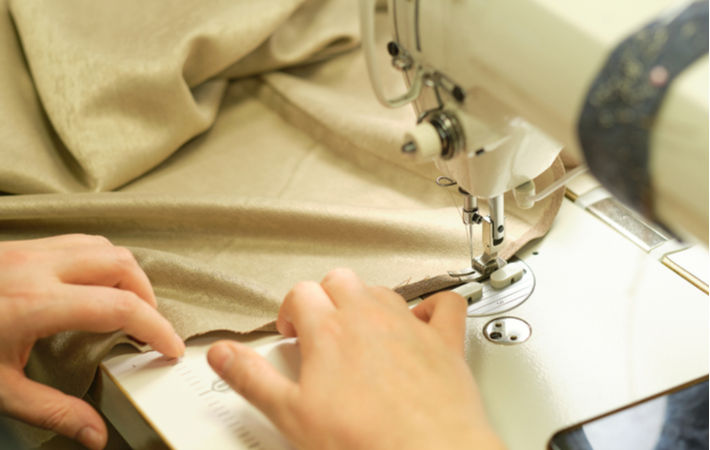Nearly half of US fashion brands and buyers are eager to source more from Bangladesh over the next two years as they find prices in the country lower than global average prices, according to a recent survey by the United States Fashion Industry Association (USFIA), which found the unit price of apparel products in Bangladesh was $2.5 in July-May this year against the global average of $2.6.
The ‘2021 Fashion Industry Benchmarking Study’ respondents this year again said Bangladesh offers the most competitive price, followed by China, Vietnam, Indonesia, India and Cambodia. This is consistent with the survey results from 2017 to 2020.Nearly half of US fashion brands and buyers are eager to source more from Bangladesh over the next two years as they find prices in the country lower than global average prices, says a survey by the United States Fashion Industry Association, which found the unit price of apparel products in Bangladesh was $2.5 in July-May against the global average of $2.6.#
Forty eight per cent of the respondents expressed their interest to increase sourcing from Bangladesh till 2023, including 11 per cent who expected a substantial increase.
‘China plus Vietnam plus many’ remains the most popular sourcing model among respondents.
Though China offered more competitive prices than Bangladesh, US buyers expressed interest to diversify their sourcing away from China and Vietnam to avoid placing ‘all eggs in one basket’ and mitigate various sourcing risks, the report said.
The US-China tariff war exacerbated the sourcing cost pressures and financial challenges facing the US fashion companies during the pandemic, it said.
Because of the tariff war, the US fashion companies had to pay an average 23.4 per cent import duty rate for apparel imports from China in 2020, which was much higher than 16.5 per cent back in 2017 (or $1,078 million additional tariffs), the report found.
Although Vietnam still remained a hot sourcing destination for US buyers, the respondents turned more conservative about Vietnam’s growth potential.
Two factors—concern about the sourcing cost and worry about possible trade restrictions—might have contributed to the respondents’ hesitation in placing more sourcing orders with Vietnam, the study said.
The decision of an investigation on Vietnam’s currency practices and its ‘use of illegal timber’ launched by the Trump administration remained pending that created trade uncertainties.
The respondents said that apparel ‘Made in Bangladesh’ enjoyed a prominent price advantage over many other Asian suppliers but as a competitive disadvantage, US apparel imports from Bangladesh concentrated too much on basic fashion items, limiting export growth, especially when consumers’ demand shifted during the pandemic.
‘Diversifying the export product structure and improving production flexibility and agility will be critical for Bangladesh to play a more significant role as an apparel sourcing base for US fashion companies in the post-COVID world,’ the report said.
The US fashion companies maintained an overall high level of interest in sourcing more from Bangladesh over the next two years but the companies would work with fewer vendors in the country.
‘This emerging trend implies that the competition among the thousands of Bangladeshi apparel suppliers will intensify. While competitive suppliers will benefit from more sourcing orders, smaller and less competitive ones could become more vulnerable,’ the study remarked.
The study found that Asia’s position as the dominant apparel sourcing base for the US fashion companies remained unshakeable amid the Covid-19 pandemic.
Almost all the top ten most-utilised apparel sourcing destinations in 2021 are Asia-based, led by China (93 per cent), Vietnam (87 per cent), India (77 per cent), and Bangladesh (73 per cent), it showed.
The respondents still believe sourcing from Bangladesh presents a relatively higher compliance risk than many of its rivals, the study said.
The respondents see the dissolution of the Alliance for Bangladesh Worker Safety and the Accord on Fire and Building Safety in Bangladesh as not helpful with building more confidence in Bangladesh’s social responsibility practices.
Fibre2Fashion News Desk (DS)
